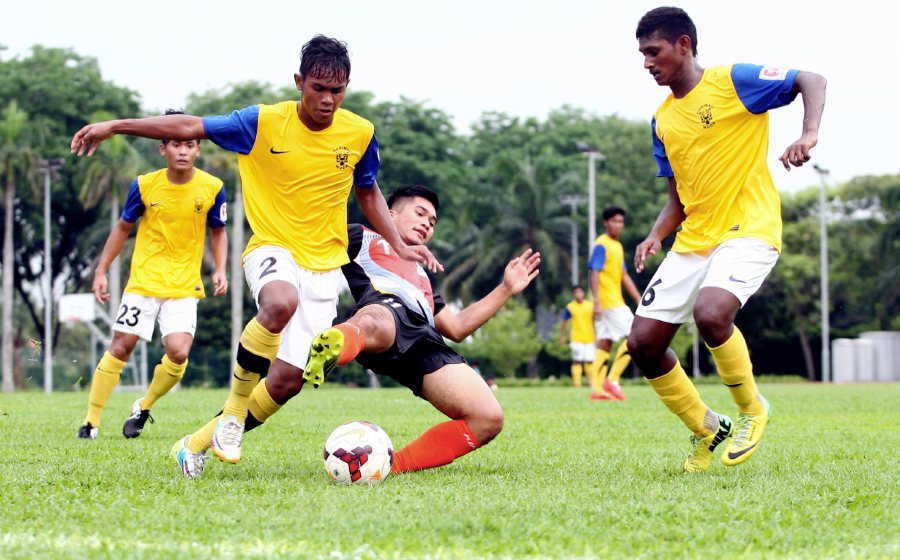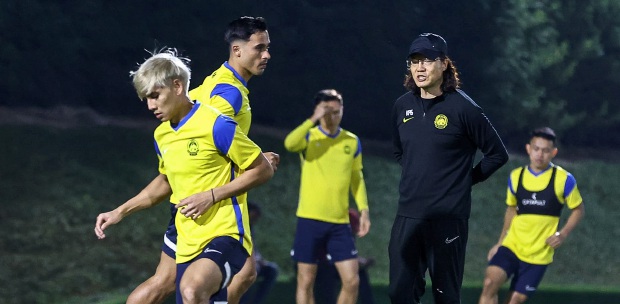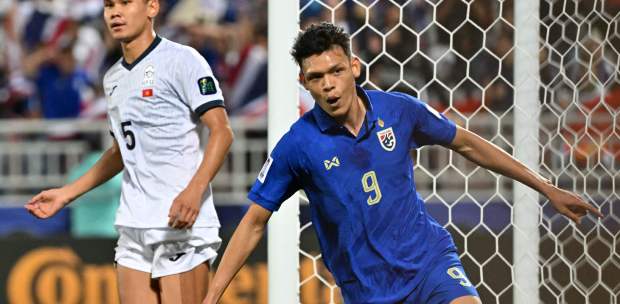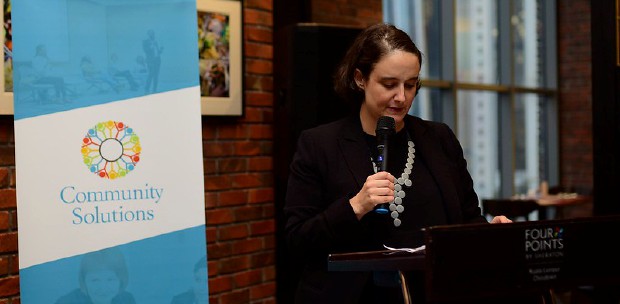MALAYSIA assembled a plethora of foreign-born players from across the world, but could only finish last in their group in the ongoing Asian Cup in Doha.
In contrast, Indonesia brought a youthful team of home-grown talent to the continental showcase, and yet did better by reaching the last 16.
The different approach by both nations has led to much debate among football fans, local coaches and analysts.
Should Harimau Malaya continue with their foreign legion of naturalised players or invest in youth like what Indonesia have done?
We now have a rojak Harimau Malaya with naturalised players that don't have that "natural national team" look. They are like Tigers with their stripes altered, with a different DNA.
More than half the team that started in each of the three group matches in Qatar are foreign-born. Of the 26-man squad to Doha, 13 are naturalised players (foreign-born).
But if the FA of Malaysia had not cobbled together an "international team", that surreal moment at the Al Janoub Stadium last Thursday would not have happened — that breathtaking 3-3 draw against world No 23 South Korea which fans will talk about for years to come.
That heart-stopping equaliser against mighty Korea in the 105th minute of stoppage time was "foreign-made", created and made in South America. The Brazil-born Paulo Josue passed the ball to the Colombia-born Romel Morales to score.
So, it was FAM's moment of justification. Their efforts in procuring talent from around the world in recent years have paid off with that one goal. One goal that ruined an otherwise fine day for superstar Son Heung Min who thought he had scored the winner for South Korea 11 minutes earlier.
The next Asian Cup will be held in Saudi Arabia three years from now, but time may not be on Malaysia's side as many members of the present Harimau team could be over the hill by then.
But across the South China Sea, the young Indonesia side could be in full flow at the next edition.
The Garuda paraded eight Under-21 and four Under-23 players in Qatar. Despite their fledgling age, the Indonesian team reached the second round, a remarkable feat.
Indonesia, coached by Korean Shin Tae Yong, lost 3-1 to Iraq and 3-1 to Japan, both big guns, but beat Vietnam 1-0. And Indonesia did just enough to enter the last 16 as the four best third-placed teams from the group stage.
Though Indonesia went down 4-0 to heavyweights Australia in the knockout round, the Garuda flew home with a luggage-ful of positives, including the rise of their 19-year-old midfielder Marselino Ferdinan who became the youngest goalscorer at the Asia Cup after finding the Iraq net.
Former national player and coach Azraai Khor Abdullah said: "If we talk about the future of the national team after the Asian Cup, they should see how our neighbours, Indonesia, are doing it. FAM should realise that the future is with young players."
Of concern is that youth development is not taken seriously by most M-League clubs, and it was evident in the Under-23 MFL Cup last season.
The "reserve tournament" is for players under the age of Under-23 but allows a quota of five overaged players, including three foreigners.
Yet, some clubs opt to field foreign players for the MFL Cup. So, what happened to the objective of the tournament, which is to develop young players?
The competition saw Kedah B's 30-year-old Ghanaian Ebenezer Assifuah score 16 goals to win the Golden Boot.
Azraai, who achieved the treble of Super League, FA Cup and Malaysia Cup titles twice in 2007 and 2008 with mostly Under-21 players as Kedah coach, said clubs must take youth development seriously.
"The Under-23 team and Under-21 President Cup teams must be given ample support. These are the players that will go on to play for the senior team.
"Most clubs focus too much on winning age-group competitions and end up neglecting the development of young talent. If this continues, our young talent will suffer and the national team will be affected in the long run.
"FAM and MFL need to rethink the import quota in the domestic league. The Under-23 League should be an all-local competition. A club's Key Performance Index at youth level should be about how many players progress to the senior team," added Azraai.





